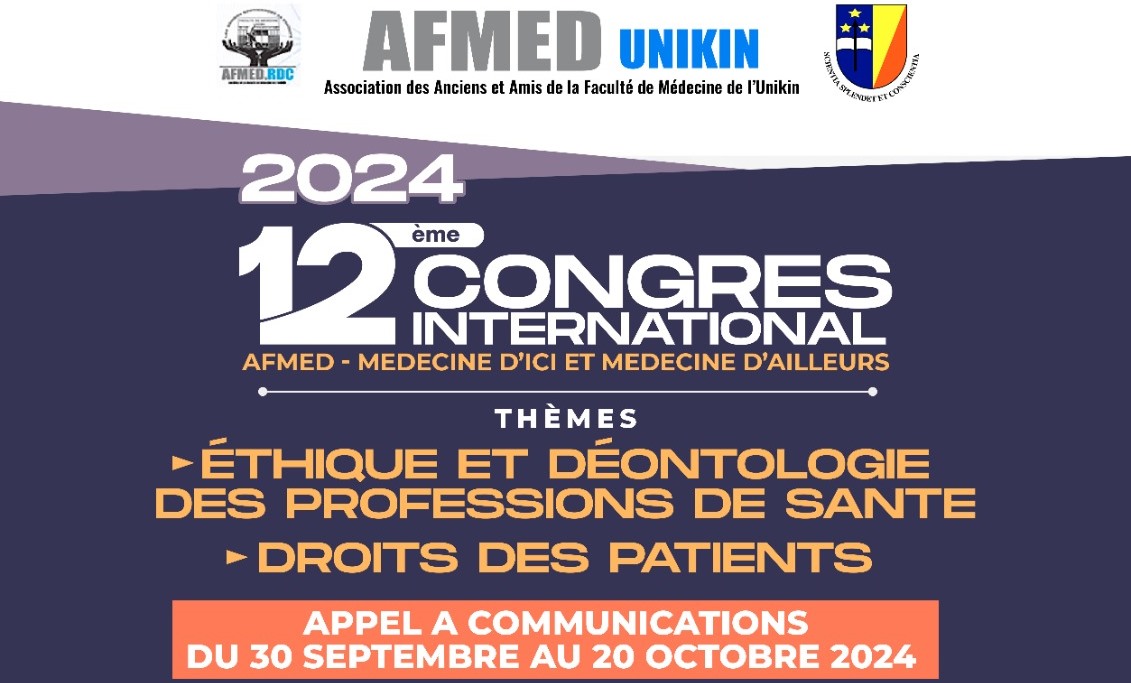Lefils Kasiama Ndilu1*, Mathilde Bothale Ekila2, Donald Fundji Mayuma3, Alain Musaka3, Roger Wumba4 and Michel Ntetani Aloni5
1 Ministère de la Santé, Zone de Santé de Kasongo-Lunda, Bandundu, the Democratic Republic of Congo; 2Division of Infectiology,
Department of Internal Medicine, University Hospital of Kinshasa, Faculty of Medicine, University of Kinshasa, PO.BOX 123,
Kinshasa XI, the Democratic Republic of Congo; 3Centre Provincial de Transfusion Sanguine de Bandundu, Kikwit,
the Democratic Republic of Congo; 4Department of Tropical Medicine, Faculty of Medicine, University of Kinshasa, Kinshasa,
the Democratic Republic of Congo; 5Division of Hemato-oncology and Nephrology, Department of Pediatrics, University Hospital
of Kinshasa, Faculty of Medicine, University of Kinshasa, PO.BOX 123, Kinshasa XI, Kinshasa, the Democratic Republic of Congo
Abstract
Blood safety is a major element in the strategy to control the HIV epidemic. The aim of this study was to determine the prevalence and the associated factors of a positive HIV test among blood donors and its association between Human African Trypanosomiasis in Kikwit, the Democratic Republic of Congo. A cross-sectional study was conducted between November 2012 and May 2013. An anonymous questionnaire was designed to extract relevant data. The average mean age of participants was 30 years. The majority were man (67.8%). The overall prevalence of HIV, syphilis, hepatitis B, hepatitis C and human African trypanosomiasis was respectively 3.2%, 1.9%, 1.6%, 1.3% and 1.3%. Alcohol intake, casual unprotected sex, not using condoms during casual sex, sex after alcohol intake and seroprevalence of human African trypanosomiasis were significantly associated with a positive HIV test result ( p<0.05). In this study, sexual risk behaviors were the major risk factors associated with positive HIV tests in blood donors living in Kikwit. It is important to raise awareness about HIV and voluntary blood donation in response to some observations noted in this study such as the low educational level of the blood donors, the low level of knowledge of HIV prevention methods.
Keywords
Blood donors, HIV, Human African Trypanosomiasis behaviors, risk factors, rural area, Kikwit, the Democratic Republic of Congo, Africa
DOI: 10.1515/ap-2016-0096









